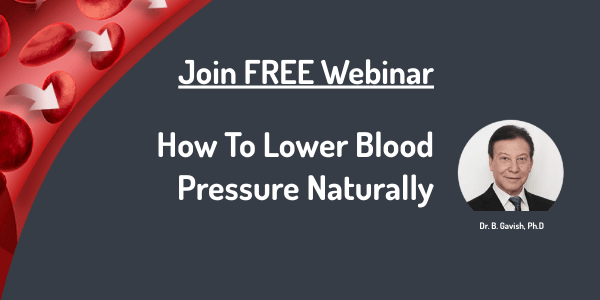The Power of Omega-3
Omega-3 fatty acids are considered essential fatty acids. They are necessary for human health, but the body can’t make them. You have to get them through food. Omega-3 fatty acids are found in fish, such as salmon, tuna, and halibut, other seafood. This also includes algae and krill, some plants, and nut oils. Also known as polyunsaturated fatty acids (PUFAs), omega-3 fatty acids play a crucial role in brain function, as well as normal growth and development.
Fish has also become popular because fish may reduce the risk of heart disease. The American Heart Association (AHA) recommends eating fish. Particularly fatty fish such as mackerel, lake trout, herring, sardines, albacore tuna, and salmon at least 2 times a week. But a new study also suggests that Omega-3 essential fatty acids improve sleep, and our I.Q
The Clinical Studies
The study, published this week in Scientific Reports, was conducted in China by giving a questionnaire to 541 children, 54 percent boys, and 46 percent girls. Their ages ranging between 9 and 11. The questionnaire asked them how often they had eaten fish in the last month, with options ranging from “never” to “at least once a week.” Their answers were then compared to the Chinese version of an IQ test—known as the Wechsler Intelligence Scale for Children. It included questions as to their parents’ responses on their sleep quality according to the standardized Children Sleep Habits Questionnaire.
After factoring in variables such as parental education and marital status, the researchers found that the children who reported eating fish regularly scored 4.8 points higher on IQ exams. This compared to those who seldom consumed it. Those who only sometimes ate fish similarly scored 3.3 higher on IQ exams than those who did not. In addition, the researchers found that the regular fish eaters tended to not wake up as often at night, thereby getting a much better night of sleep.
The findings are consistent with a growing body of research that indicates that omega-3s, the fatty acids found in fish and seafood, have numerous nutritional benefits. For instance, people who live in so-called “Blue Zones,” places where residents routinely live above the age of 90, tend to eat a Mediterranean diet that is heavy in seafood. Omega-3s have also been shown to reduce anti-social behavior and ADHD. It also aids in fighting depression and anxiety, improves vision, reduces the risk of Alzheimer’s disease. Generally, it helps you stay sharp as you get older.
Children Benefit From Eating Fish
As a result of this data, researchers are encouraging parents to introduce their children to a diet rich in fish early on. “Introducing the taste early makes it more palatable,” Jennifer Pinto-Martin, executive director of Penn’s Center for Public Health Initiatives and a professor of epidemiology at Penn Medicine, said. “It really has to be a concerted effort, especially in a culture where fish is not as commonly served or smelled. Children are sensitive to smell. If they’re not used to it, they may shy away from it.”
But amped-up seafood consumption isn’t just for kids. Adults should definitely follow suit as well. In a recent study, conducted by the Global Nutrition and Health Alliance and published in Nutrients, 8 percent of U.S. adults had omega-3 levels below the optimal range of 8.0+[1] using the study test method. Plus, there’s, even more, reasons to include tuna and salmon into your diet.








 Download Brochure
Download Brochure